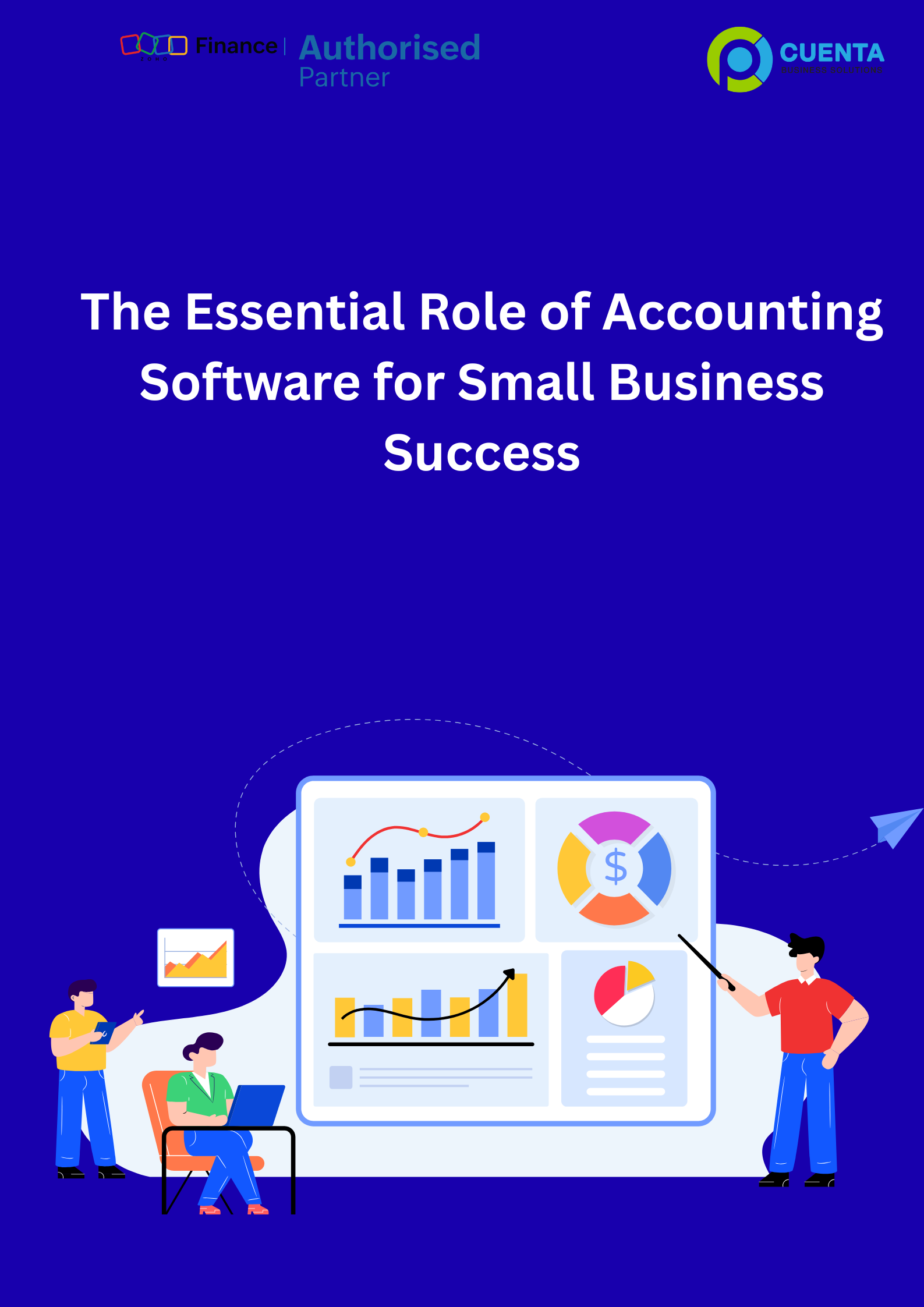The Essential Role of Accounting Software for Small Business Success

As small businesses grow, managing financial data with spreadsheets can become overwhelming, error-prone, and inefficient. To handle increasingly complex accounts and maintain accuracy, business owners need a scalable and reliable solution. Accounting software is designed to simplify financial management, automate key processes, and provide valuable insights to support business growth.
Accounting software streamlines vital business functions such as invoicing, billing, expense tracking, bank reconciliation, project management, inventory control, and tax compliance. It automates repetitive tasks like sending invoices and payment reminders, integrates with online payment gateways for seamless transactions, and supports multi-currency payments. Expense tracking features help maintain control over cash flow, while bank reconciliation becomes easier with automatic import and categorization of bank transactions. Time-tracking and project management modules ensure accurate billing, and inventory management tools help maintain stock levels and generate insightful reports. Additionally, accounting software automatically generates essential financial reports—like cash flow statements, profit and loss accounts, and balance sheets—helping business owners make informed decisions based on real-time data.
Switching from traditional spreadsheets to a robust accounting software solution is essential for small businesses aiming to scale efficiently and maintain financial accuracy. By automating routine tasks, improving data accuracy, and offering comprehensive reporting, accounting software not only saves time but also supports smarter decision-making. Tools like Zoho Books empower business owners to manage their finances effortlessly and focus on growing their business with confidence.

